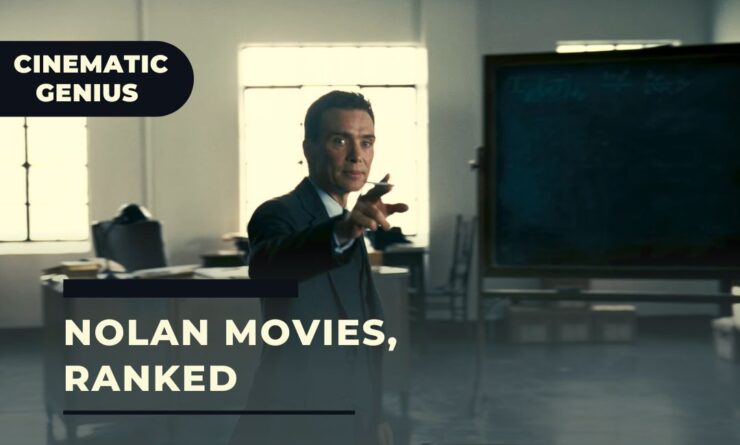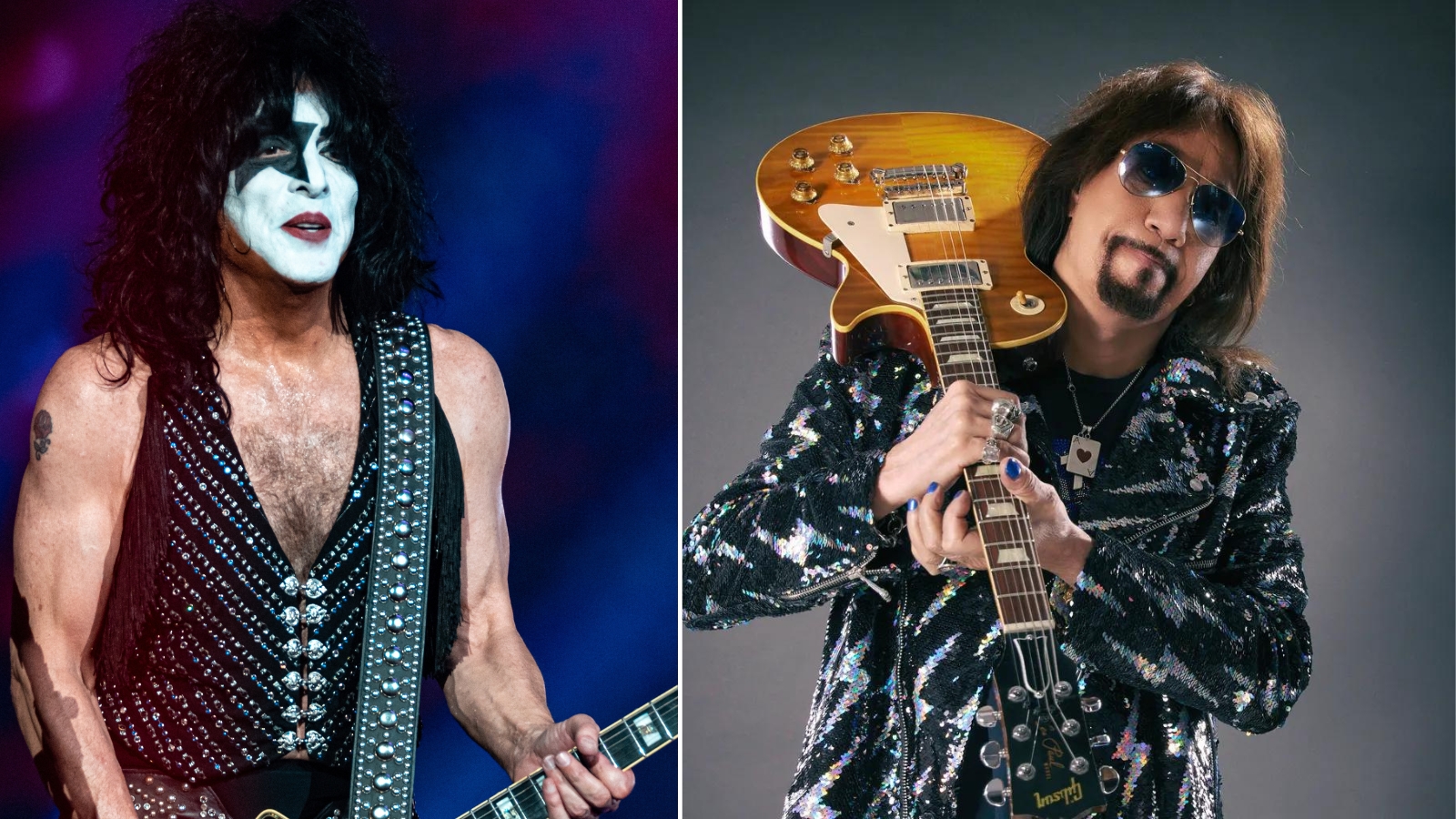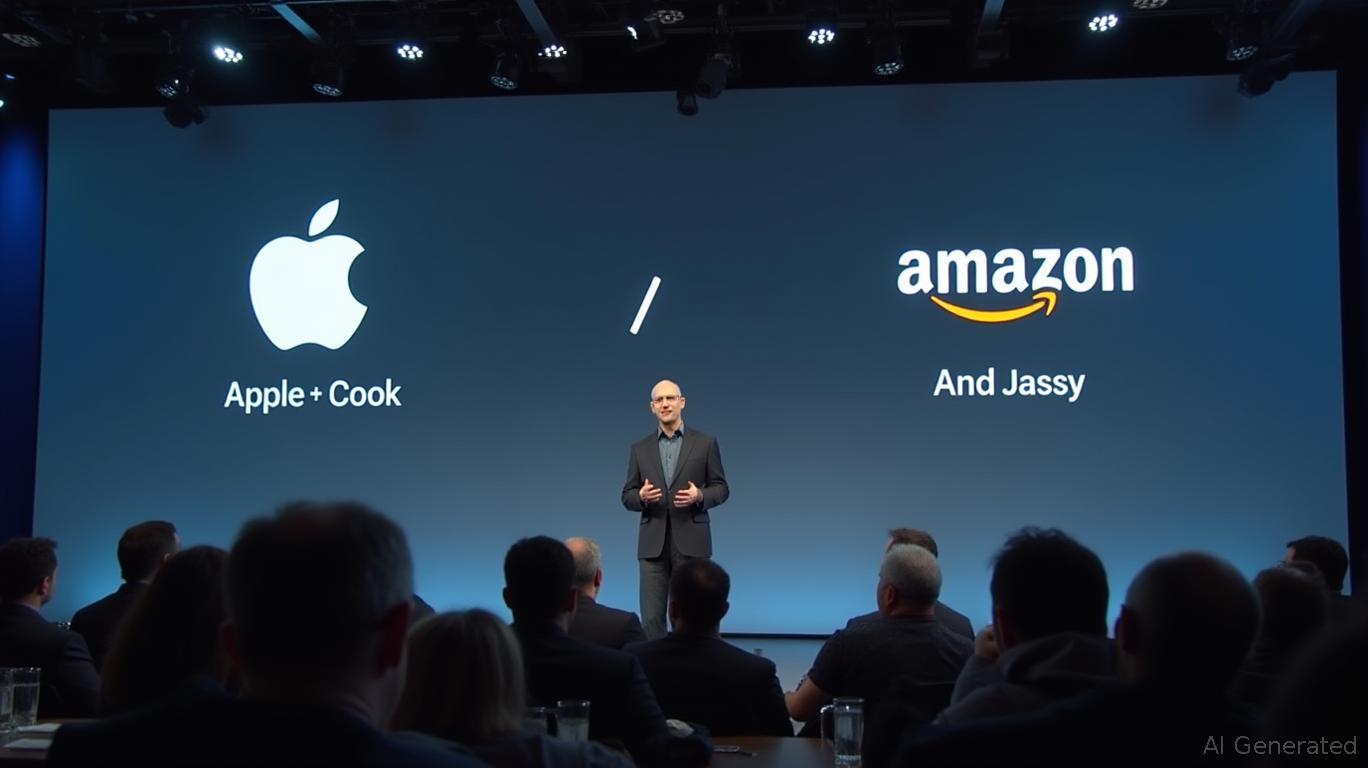In a nutshell, and without oversimplifying the complexity of his work, one could argue that every Christopher Nolan film is a meditation on Time. Time, in Nolan’s world, is not just a suspense-building tool, a ticking bomb, or a countdown to an impending disaster.
It’s an artistic instrument, a way to shape the viewer’s perception and experience of the narrative. Nolan’s fascination with time transcends its role in storytelling and becomes a metaphor for cinema itself.
Cinema, in essence, is a manipulation of time. Through editing, cinematography, and sound, filmmakers create a sense of time that is subjective, relative to the viewer’s experience.
If film critic Roger Ebert saw cinema as an empathy-generating machine, Nolan’s perspective is more structural. To him, a film is akin to a magic trick, an enigma that challenges the viewer to unravel its secrets.
His films are intricate puzzles that engage the audience, prompting them to ask, “How did he pull that off?” This curiosity often leads to multiple viewings.
Nolan’s deep engagement with the medium is evident in his filmmaking practices. He is a staunch advocate for shooting on film and cherishes the communal experience of cinema.
He is meticulous, some might say obsessive, about technical details like sound, aspect ratio, and the viewing conditions of his films. Yet, this meta-commentary on film never overshadows the sheer pleasure of watching his movies.
Nolan, perhaps more than any other modern filmmaker (James Cameron being a notable exception), understands that a film, no matter how technically brilliant, must also entertain. He has mastered the art of the “indie blockbuster,” a film that appeals to both cinephiles and mainstream audiences.
His name alone is enough to draw crowds to the theater. As his twelfth film, Oppenheimer, looms large on the cinematic horizon, it seems an apt time to reflect on Nolan’s body of work.
His films are a unique blend of time, cinema, and good old-fashioned suspense, in the tradition of Hitchcock. So, let’s embark on a journey through the world of Christopher Nolan, ranking each of his films.
List Of His Movies
12. Following (1998)
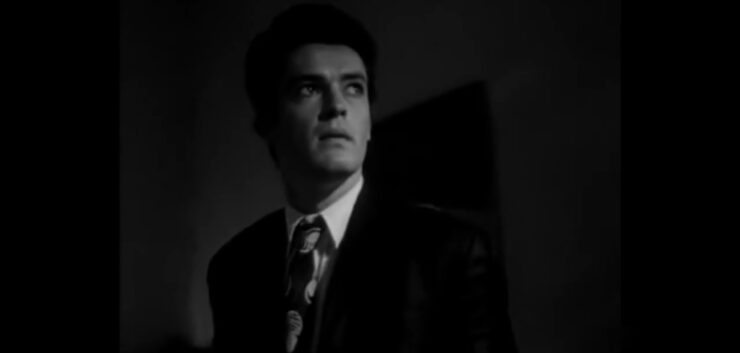 Christopher Nolan’s debut film, Following, holds a higher position on this list not because it’s the most polished or complete work in his repertoire, but because it represents the raw, unrefined talent of a young filmmaker. This ranking doesn’t imply that the film is subpar or unenjoyable.
Christopher Nolan’s debut film, Following, holds a higher position on this list not because it’s the most polished or complete work in his repertoire, but because it represents the raw, unrefined talent of a young filmmaker. This ranking doesn’t imply that the film is subpar or unenjoyable.
Quite the contrary, it’s a fascinating glimpse into the early stages of Nolan’s career, where one can identify the seeds of the themes, techniques, and narrative structures that he would later refine and perfect over the subsequent two decades. It’s like a time capsule, preserving the early inklings of the brilliance that was yet to come.
11. Insomnia (2002)
 Insomnia is a well-crafted crime thriller mystery, featuring Al Pacino in a predictably stellar performance as a morally compromised cop, and Robin Williams in a surprisingly chilling role. However, when you consider the collaboration of a director like Christopher Nolan with actors of the caliber of Pacino and Williams, you naturally expect something more than just a solid film.
Insomnia is a well-crafted crime thriller mystery, featuring Al Pacino in a predictably stellar performance as a morally compromised cop, and Robin Williams in a surprisingly chilling role. However, when you consider the collaboration of a director like Christopher Nolan with actors of the caliber of Pacino and Williams, you naturally expect something more than just a solid film.
You expect a cinematic experience that transcends the ordinary and ventures into the extraordinary. While Insomnia is a good movie, it doesn’t quite reach the heights of the mind-bending narratives that Nolan has become synonymous with.
10. Tenet (2020)
 Tenet is a testament to Christopher Nolan’s unbridled ambition. It’s a film that challenges the viewer’s perception of time, filled with action-packed sequences, intricate stunts, and a complex narrative that could take hours to fully comprehend.
Tenet is a testament to Christopher Nolan’s unbridled ambition. It’s a film that challenges the viewer’s perception of time, filled with action-packed sequences, intricate stunts, and a complex narrative that could take hours to fully comprehend.
Despite its complexity, the film is anchored by the compelling relationship between its stars, John David Washington and Robert Pattinson. The rest of the cast is equally committed, making the film an engaging watch.
In an era dominated by sequels, reboots, and adaptations, Tenet stands out as a breath of fresh air, pushing the boundaries of original storytelling.
9. The Dark Knight Rises (2012)
The impact of the Dark Knight franchise on the landscape of cinema is indisputable. However, by the time the third installment, The Dark Knight Rises, was released, the franchise had already left its indelible mark.
While it’s not a mediocre superhero film by any means, its convoluted narrative and over-reliance on action set pieces make it the least successful installment in the trilogy. That being said, the film’s poignant ending never fails to evoke a strong emotional response, making it a memorable conclusion to the series.
8. Batman Begins (2005)
 Batman Begins serves as the cornerstone for Nolan’s groundbreaking Dark Knight trilogy. After the disappointment of Batman & Robin, Nolan’s Batman Begins breathed new life into the franchise, offering a fresh perspective on the caped crusader.
Batman Begins serves as the cornerstone for Nolan’s groundbreaking Dark Knight trilogy. After the disappointment of Batman & Robin, Nolan’s Batman Begins breathed new life into the franchise, offering a fresh perspective on the caped crusader.
Nolan treated the character and his backstory with the same seriousness and emotional depth that he would any other cinematic endeavor, proving that great directors can create inspired films, regardless of the source material. While Batman Begins may not be his best film, it’s a testament to Nolan’s ability to elevate any story he chooses to tell.
7. Memento (2000)
 Memento is a psychological mystery that showcases Nolan’s unique ability to craft mind-bending plots. The film follows Leonard, a man suffering from short-term memory loss, on his relentless quest to find his wife’s killer.
Memento is a psychological mystery that showcases Nolan’s unique ability to craft mind-bending plots. The film follows Leonard, a man suffering from short-term memory loss, on his relentless quest to find his wife’s killer.
The Oscar-nominated film keeps viewers on the edge of their seats, offering a unique perspective into the world through Leonard’s eyes. The non-linear narrative is both fascinating and emotionally moving, providing an intense exploration of memory and identity.
Memento is essential viewing for any Nolan fan, offering a deep dive into the themes that have come to define his work.
6. Interstellar (2014)
 Interstellar, while not a perfect movie, is a visually stunning spectacle that showcases Nolan’s ability to weave complex narratives with breathtaking visuals. The film’s nearly three-hour runtime and occasionally cheesy themes can be overlooked due to the emotional depth brought to life by Matthew McConaughey and Jessica Chastain.
Interstellar, while not a perfect movie, is a visually stunning spectacle that showcases Nolan’s ability to weave complex narratives with breathtaking visuals. The film’s nearly three-hour runtime and occasionally cheesy themes can be overlooked due to the emotional depth brought to life by Matthew McConaughey and Jessica Chastain.
Despite its flaws, Interstellar is a cinematic experience that leaves a lasting impression, proving that even in its imperfections, a film can still be great.
5. Oppenheimer (2024)
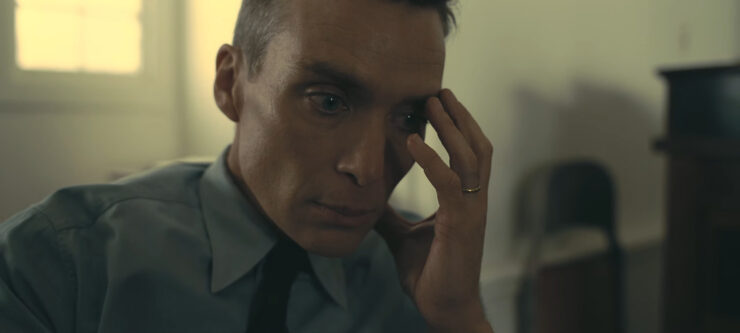 Oppenheimer, Nolan’s latest film, is a masterful portrayal of J. Robert Oppenheimer, the “father” of the atomic bomb. The character of Oppenheimer was chosen to carry the narrative in the movie, despite the involvement of numerous other scientists.
Oppenheimer, Nolan’s latest film, is a masterful portrayal of J. Robert Oppenheimer, the “father” of the atomic bomb. The character of Oppenheimer was chosen to carry the narrative in the movie, despite the involvement of numerous other scientists.
The film is a haunting and visually stunning exploration of the man behind one of the most destructive weapons in history. The film’s impressive ensemble cast, which includes Cillian Murphy, Robert Downey Jr., Emily Blunt, Matt Damon, Josh Hartnett, and Rami Malek, contributes to its status as one of the greatest biopics ever made.
While it currently ranks lower than Inception and The Dark Knight, it has the potential to top this list in the future, given its recent release and the recency bias that might be affecting its current ranking.
4. Inception (2010)
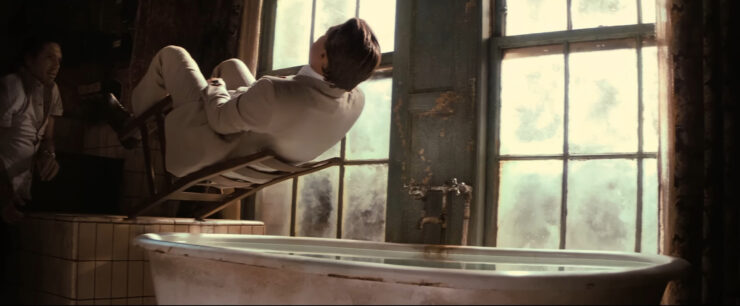 Inception, starring Leonardo DiCaprio, is a thrilling espionage film that delves deeper into a devastating romance and a tale of heart-wrenching trauma. The film successfully balances high-octane action with emotional drama, creating a compelling narrative with well-developed characters.
Inception, starring Leonardo DiCaprio, is a thrilling espionage film that delves deeper into a devastating romance and a tale of heart-wrenching trauma. The film successfully balances high-octane action with emotional drama, creating a compelling narrative with well-developed characters.
Inception is a testament to Nolan’s storytelling prowess, offering enough depth to each of the film’s characters that you sympathize with all of them and walk away with the sense that even the minor characters possess more than just a useful skill set for the sake of the plot. Inception is Nolan at his best, and it’s a film still worth watching even years later.
3. The Dark Knight (2008)
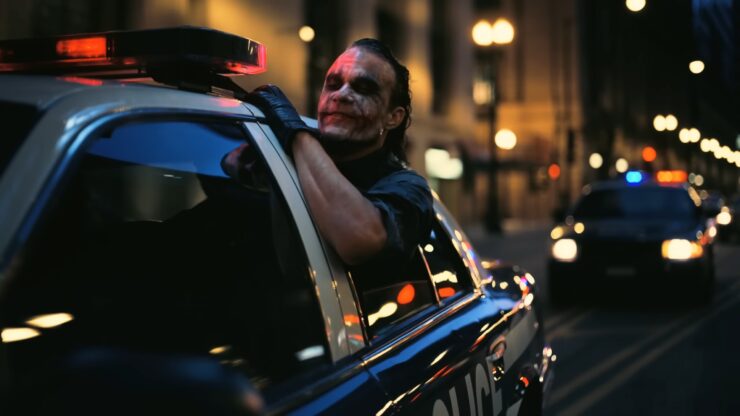 The Dark Knight, arguably the best superhero film ever made, is undoubtedly Nolan’s most influential work. It set the tone for the current era of superhero films.
The Dark Knight, arguably the best superhero film ever made, is undoubtedly Nolan’s most influential work. It set the tone for the current era of superhero films.
While Heath Ledger’s Joker is iconic, the film’s pacing, cast, and action sequences are equally impressive. The Dark Knight is a cinematic experience that leaves a lasting impression.
2. Dunkirk (2014)
 Dunkirk perfectly encapsulates Nolan’s signature storytelling style: disjointed narratives that capture the subjective experience of time. By intertwining three narratives set in different time frames, Nolan creates a suspenseful story that explores the subjectivity of time.
Dunkirk perfectly encapsulates Nolan’s signature storytelling style: disjointed narratives that capture the subjective experience of time. By intertwining three narratives set in different time frames, Nolan creates a suspenseful story that explores the subjectivity of time.
Dunkirk is a perfect blend of art and spectacle.
1. The Prestige (2006)
The Prestige, Nolan’s first-period drama, is the epitome of his filmmaking style: non-linear narratives, deception, and the fusion of high concepts with blockbuster theatrics. The film, centered around magic, perfectly captures and manipulates the audience’s attention.
The Prestige, with its tight narrative and character-driven plot, is the quintessential Christopher Nolan film.
FAQ
What is Christopher Nolan’s most complicated movie?
‘Interstellar’ is often considered Christopher Nolan’s most complicated movie due to its intricate plot and complex themes involving time, space, and human relationships. However, many of Nolan’s films, including ‘Inception’ and ‘Tenet’, are known for their complex narratives and thought-provoking themes.
What is his best film according to critics?
The answer to this question can vary depending on the critic. However, films like ‘Inception’, ‘The Dark Knight’, and ‘The Prestige’ often rank highly in critical assessments of Nolan’s filmography.
His recent film ‘Oppenheimer’ has also received high praise.
What is unique about Christopher Nolan’s filmmaking style?
Christopher Nolan is known for his non-linear storytelling, intricate plots, and deep exploration of themes like time and identity. He often uses time as a narrative device, creating a unique and immersive viewing experience.
Additionally, Nolan is known for his commitment to shooting on film and his meticulous attention to technical details.
What is the ‘indie blockbuster’ concept in relation to his films?
The ‘indie blockbuster’ concept refers to films that combine the intellectual depth and originality of independent cinema with the spectacle and mass appeal of blockbuster movies. Christopher Nolan is often credited with mastering this concept, as his films, while being technically brilliant and thematically complex, also deliver high entertainment value.
How has he influenced the superhero genre?
Christopher Nolan’s ‘Dark Knight’ trilogy has had a significant impact on the superhero genre. His realistic and gritty approach to Batman’s story set a new standard for superhero films and is often credited with ushering in a new era of superhero cinema.
Final Words
In conclusion, Christopher Nolan’s films are a testament to his unique storytelling style and his ability to engage audiences with complex narratives and thought-provoking themes. His exploration of time, identity, and the nature of cinema itself has set him apart as one of the most influential filmmakers of our time.
Whether he’s delving into the mind of a man with short-term memory loss, exploring the depths of space, or redefining the superhero genre, Nolan continues to push the boundaries of what’s possible in film. As we anticipate his future projects, we can only expect that he will continue to surprise and captivate us with his innovative approach to filmmaking.

